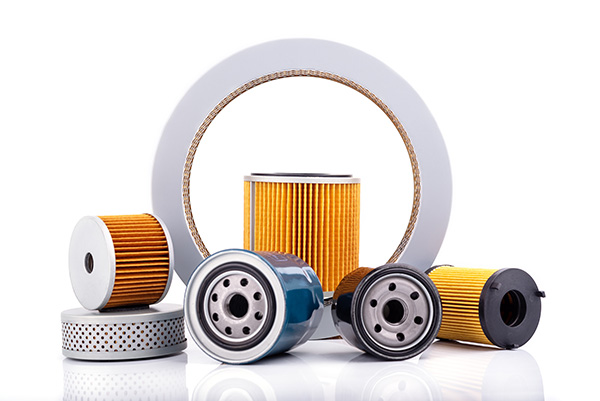
Your car relies on several filters to keep its systems running efficiently, but most drivers only think about them when a problem arises. These filters play a crucial role in protecting your engine, cabin air, and overall performance by keeping dirt, debris, and contaminants out. Ignoring them can lead to reduced fuel efficiency, poor engine performance, and even costly repairs. Knowing which filters your car depends on and when to replace them can help you avoid unnecessary issues down the road.
1. Engine Air Filter
The engine air filter is responsible for keeping dust, dirt, and debris from entering your engine’s combustion chamber. A clean air supply is essential for proper fuel combustion and engine efficiency. Over time, the filter gets clogged, restricting airflow and reducing performance.
A dirty engine air filter can cause sluggish acceleration, decreased fuel economy, and in extreme cases, engine damage. Most manufacturers recommend replacing this filter every 15,000 to 30,000 miles, but if you drive in dusty or polluted areas, more frequent changes may be needed.
2. Cabin Air Filter
The cabin air filter keeps dust, pollen, and pollutants from entering your vehicle’s interior through the HVAC system. If you’ve noticed musty odors, reduced airflow from your vents, or increased allergy symptoms while driving, your cabin air filter could be clogged.
Replacing this filter improves air quality and ensures your car’s heating and cooling systems work properly. Most vehicles require a cabin air filter change every 12,000 to 20,000 miles, but drivers in urban or high-pollen areas may need to replace it more frequently.
3. Engine Oil Filter
Your engine oil is responsible for lubricating internal components and preventing excessive wear. The oil filter traps contaminants and metal particles that accumulate as oil circulates. A clogged oil filter can no longer effectively clean the oil, leading to increased engine wear and sludge buildup.
Most oil filters should be replaced every time you change your oil, typically every 3,000 to 7,500 miles, depending on whether you use conventional or synthetic oil. Ignoring this filter can lead to poor lubrication, overheating, and engine damage.
4. Fuel Filter
The fuel filter prevents dirt, rust, and other contaminants from reaching your engine through the fuel system. A clogged filter can cause issues such as poor acceleration, difficulty starting, and engine misfires.
For older vehicles with serviceable fuel filters, replacements are generally recommended every 20,000 to 40,000 miles. Many modern cars have lifetime fuel filters integrated into the fuel pump, which only need replacement if they fail. Keeping your fuel filter clean ensures that your engine runs efficiently and prevents expensive fuel system repairs.
5. Transmission Filter
Not all vehicles have a replaceable transmission filter, but for those that do, it helps keep dirt and metal particles out of the transmission fluid. A clogged filter can lead to rough shifting, slipping gears, and overheating.
If your car has a transmission filter, replacing it every 30,000 to 60,000 miles, along with a transmission fluid change, can prevent major transmission damage. Some newer vehicles have sealed transmissions that do not require filter replacements, so it’s best to check your owner’s manual.
Struggling with poor fuel economy or weak airflow from your vents? A clogged filter might be the cause. Visit Roesbery Car Care Walnut Creek and let our experts replace your filters before they create bigger problems. Book your service now!